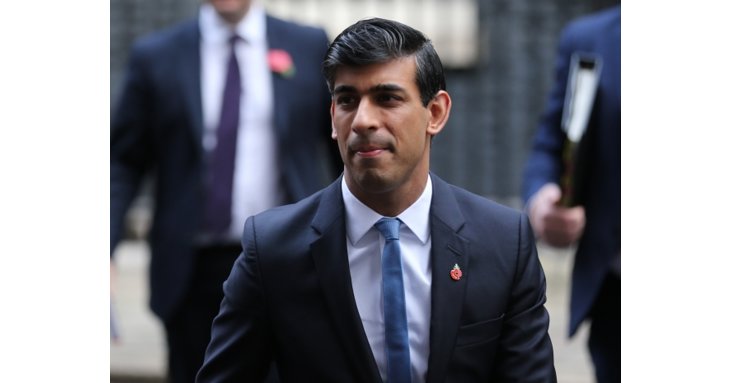The Federation of Small Businesses’ reaction to Rishi Sunak’s Spring Statement 2022 sums up that of many – the Chancellor has listened, but more support is needed.
Sunak came under huge pressure to help businesses and households squeezed by the rising cost of living, the fastest for three decades, which has seen prices increase by 6.2 per cent in year to February.
Addressing the nation, the chancellor announced he would be raising the threshold at which people start paying National Insurance, cut fuel duty and cut the basic rate of income tax before the next general election.
Sam Holliday, FSB development manager for Gloucestershire and the West of England, said: ‘Small and medium-sized businesses are undergoing an unprecedented attack on their finances.
‘We are therefore grateful to see the FSB’s call for an increase by £1,000 in the employment allowance was listened to and this measure, along with the immediate five pence cut in fuel and the increase in the threshold for paying National Insurance, is to be welcomed.
‘However, we must hope this is just the start of the conversation about how we can support our local SMEs at this time.
‘Inflation and rising costs are putting hopes of a post-Covid economic upturn on ice so we urge the Government to build on some of the ideas announced at the statement to help small businesses in the very tricky months to come.’
The UK economy was expected to grow by six per cent this year, according to the Office for Budget Responsibility, but it has now reduced that prediction to 3.8 per cent, 1.8 per cent in 2023 and 2.1 per cent in 2024.
According to the OBR inflation could average 7.4 per cent in 2022, with a peak in the fourth quarter of 8.7 per cent, with wages failing to keep pace with rising prices.
It said rising taxes, combined with inflation, would ‘weigh heavily on living standards in the coming 12 months’.
Summary of the main points
• Fuel duty to be cut by five pence per litre until March 2023.
• The Employment Allowance will increase from £4,000 to £5,000 from April 2022.
• The threshold at which people will start paying income tax rises to £12,570 in July 2022.
• The basic rate of income tax to be cut from 20 pence to 19 pence before the end of Parliament.
• Local authorities to receive a further £500 million from April for the Household Support Fund, creating a £1 billion fund to help vulnerable households with rising living costs.
• No VAT to be paid by homeowners installing energy solar panels, insulation or heat pumps to their homes.




.png?width=690&height=361&rmode=pad&bgcolor=ffffff&quality=85)





.png?width=432&height=227&rmode=pad&bgcolor=ffffff&quality=85)




